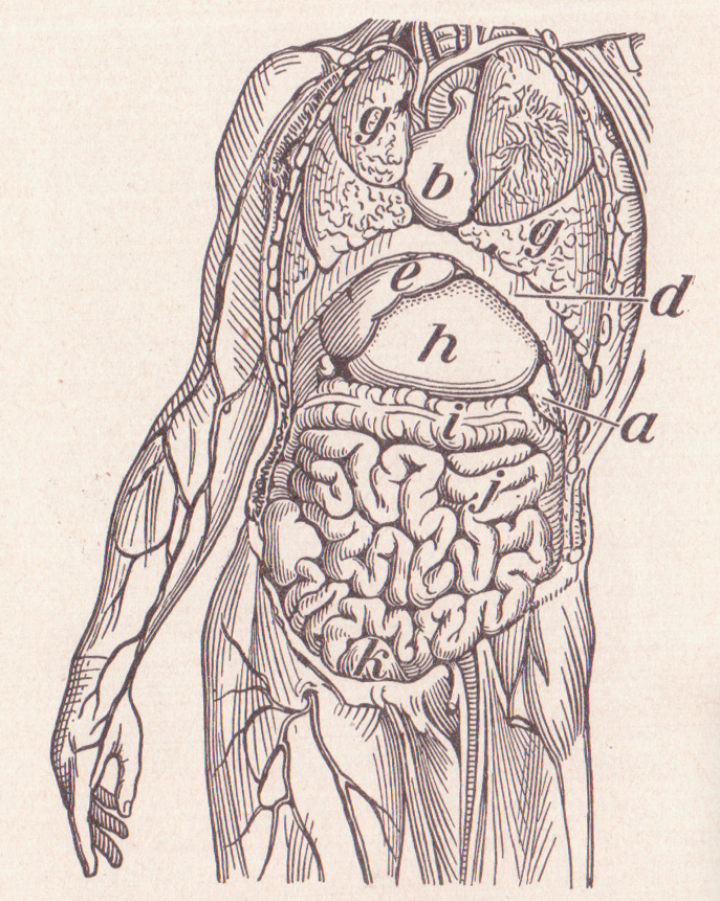|
Name: Simvastatin
Type: Statins
AKA: Zocor

|
|
II. Natural Derivative
Synthetic substance, no natural derivative
 |

|
|
IV. History
Simvastatin, introduced in the 1980s, is a statin used to lower cholesterol levels. It represents a significant advancement in cardiovascular medicine, helping to reduce the risk of heart disease. Simvastatin is widely prescribed and has played a crucial role in managing cholesterol levels.

|
|
V. Legal Information
Simvastatin, a medication used to lower cholesterol, is not classified as a controlled substance. It is regulated as a pharmaceutical agent, focusing on its use in managing cardiovascular conditions.
Key US Federal Policies:
Simvastatin is regulated by the FDA, with specific guidelines for prescription use to ensure safety and efficacy.
|
|
VI. Physical Effects
Simvastatin, a cholesterol-lowering medication, was introduced in the 1990s. It acts as a downer, reducing cholesterol levels and supporting cardiovascular health. Physical impacts include improved lipid profiles and decreased risk of cardiovascular events. Short-term use is generally safe and effective, but long-term use may lead to muscle pain and liver issues. Overdose risks include potential liver damage. Safe use involves monitoring liver function and following prescribed dosing. Recent research focuses on its effectiveness in preventing heart disease and managing cholesterol levels.  |
|
VII. Psychological Effects
Simvastatin, a cholesterol-lowering medication, impacts lipid metabolism. Immediate effects include reduced cholesterol levels, while long-term use may lead to muscle pain and liver issues. Research examines its efficacy in cardiovascular disease prevention and side effects.
 |
|
VIII. Culture
Simvastatin is a medication used to lower cholesterol levels, classifying it as a cardiovascular drug. Short-term use reduces LDL cholesterol and lowers heart disease risk, while long-term use can lead to muscle pain and liver issues. Overdose risks include severe muscle damage and liver toxicity. Safe dosages are typically prescribed by medical professionals. Recent research highlights its effectiveness in reducing cholesterol levels but notes potential side effects such as muscle pain and liver damage. Physical effects include lower cholesterol levels and potential muscle pain.
 |
